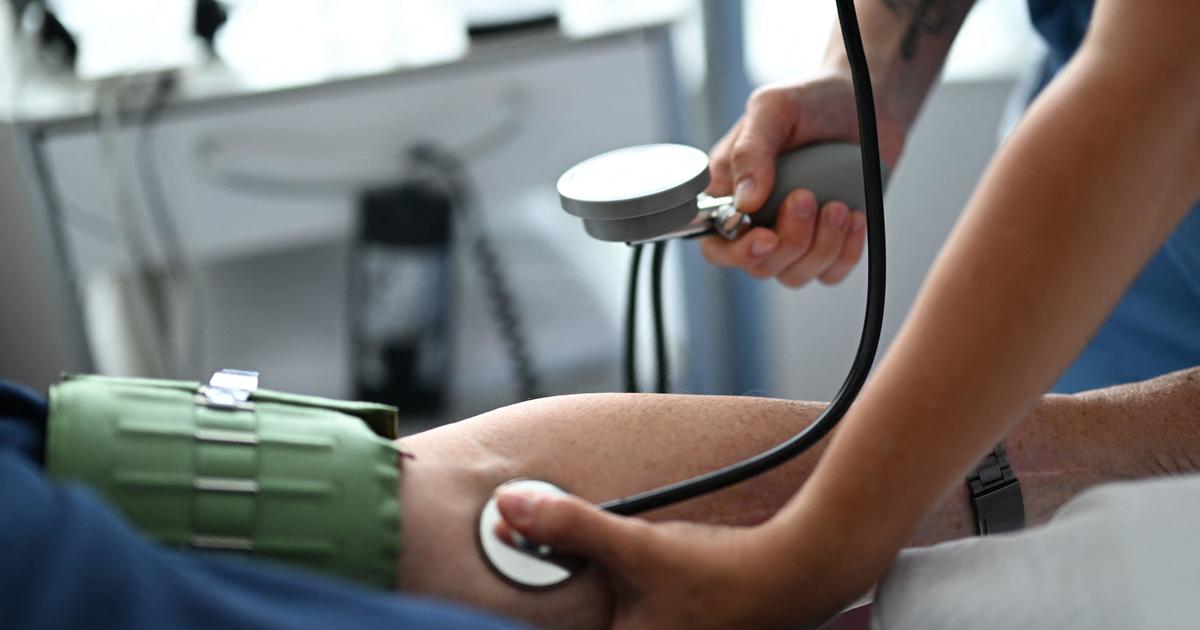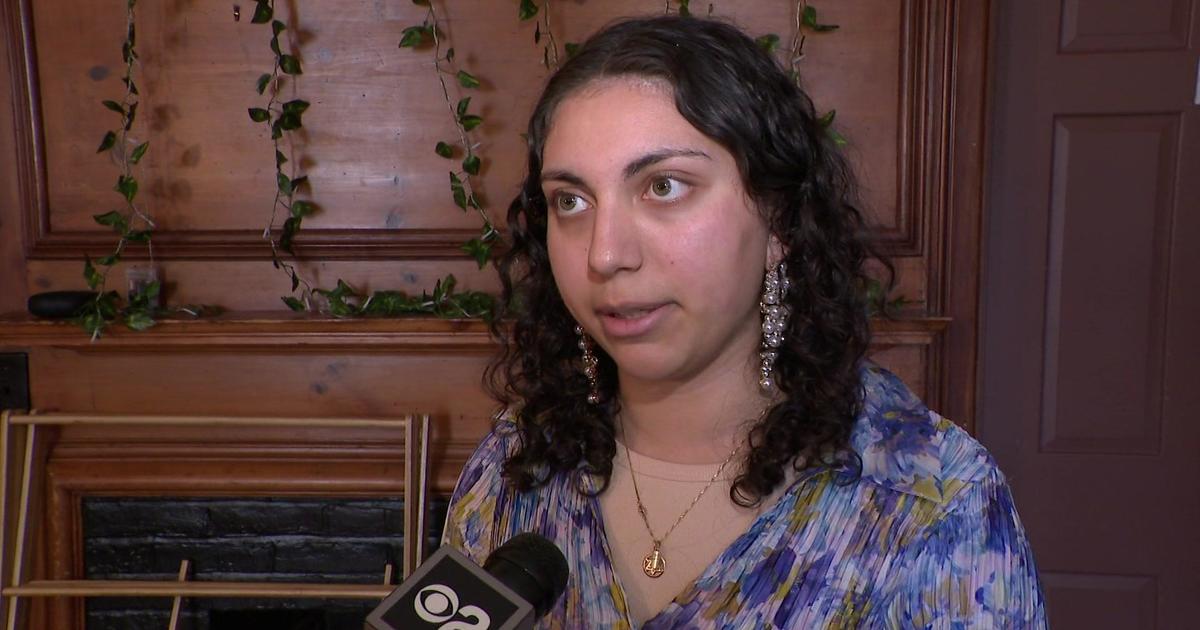Medical Research Goes Mobile With Apple ResearchKit
NEW YORK (CBSNewYork) -- Medical research can be crucial to finding treatments and cures -- but sometimes, finding the right research subject is a major challenge.
But now, new software like Apple's ResearchKit have allowed potential medical research subjects to participate in studies on the go -- making the process simple and even entertaining, CBS2's Diane Macedo reported.
"ResearchKit is a tool that Apple made available to us academic institutions that allows the collection of information from potential research subjects or patients," Paul Testa, Chief Medical Information Officer at NYU Langone Medical Center, said.
The software facilitates the creation of various medical research apps.
Testa says the tool has been revolutionary.
"Within a matter of the first few weeks of us having the app in the Apple app store we had 700 downloads," Testa said. "That level of particupation would have taken many years."
Testing patients with the new technology is also much easier.
Duke University's Autism & Beyond app uses the iPhone's self-facing camera to monitor a child's facial expressions as they watch certain videos.
Another app used to study patients with Parkinson's Disease uses the phone's touch screen to deploy a tapping test and the microphone to detect vocal variations.
NYU Langone's concussion tracker uses the iPhone or Apple watch's accelerometer to ensure patients complete a daily walk at the appropriate speed, along with the screen and keypad to test how well they can recall digits backwards.
Mt Sinai Hospital's asthma health app even uses the phone to collect so-called passive data.
"We have GPS-specific environmental air quality data which we could collect just passively in the background with no effort by the participant," said Dr. Yvonne Chan, of the Icahn Institute at Mount Sinai.
But CNET's Dan Ackerman says all this data collection brings privacy concerns.
"I think privacy and security's always a concern especially with medical information," Ackerman said.
Critics say the inability to verify things like a participants age is also a problem. But Testa and Chan say the apps benefit accuracy far more than they could hurt it.
"Patients can be more candid with the machine sometimes then they can with an individual," Testa said.
As for privacy, they say their data is encrypted and made anonymous but concede nothing is 100 percent.



